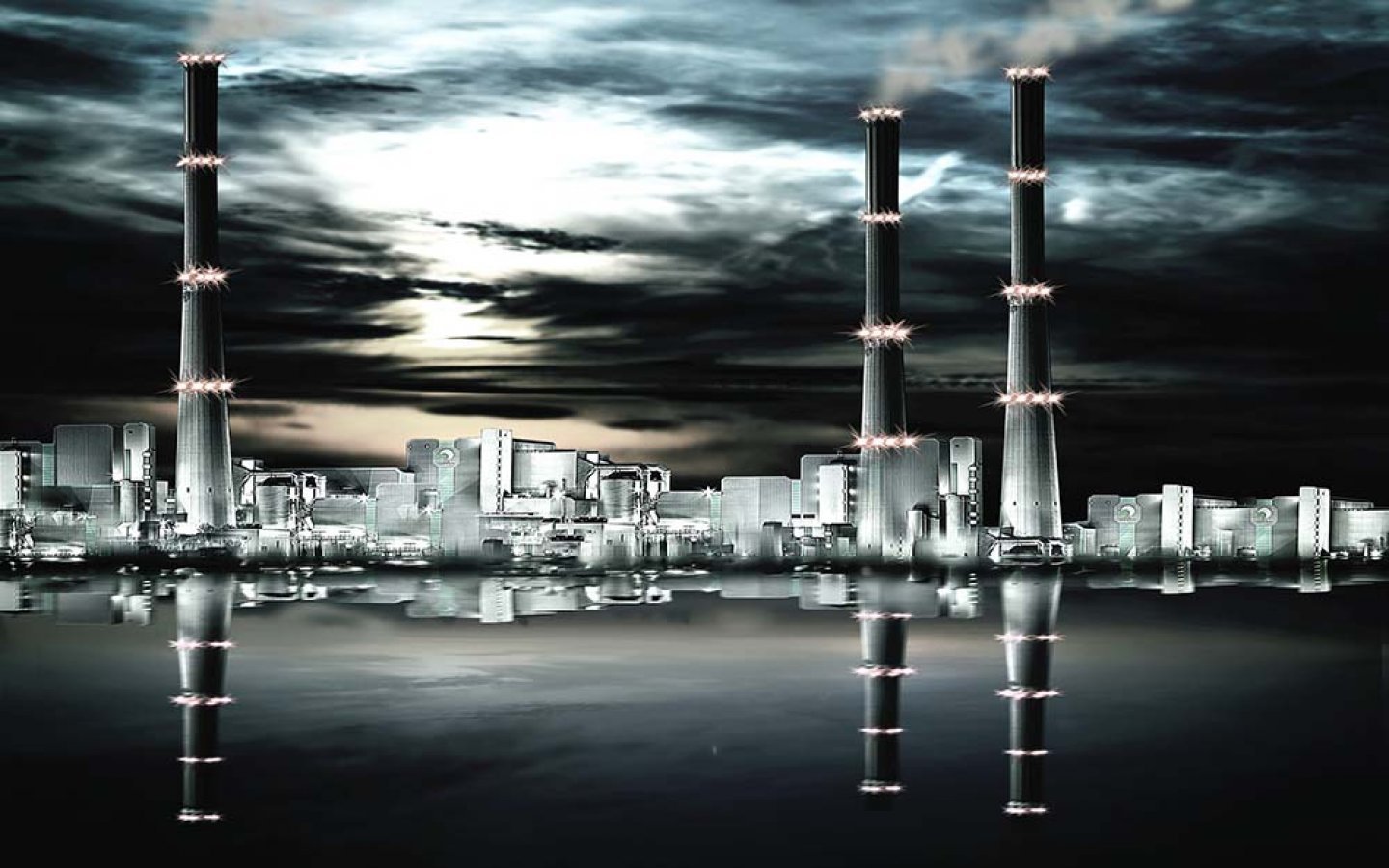Industrial Plant Construction
Industrial Plant Construction: The Process that Shapes the Infrastructure of Modern Industry
Industrial plant construction is a complex process that establishes and supports the production infrastructure needed by modern industry. Covering the Deconstruction of factories, power plants, storage facilities, logistics centers and other industrial structures, this field is a discipline where engineering, architecture and environmental sustainability principles come together. The design and construction of industrial facilities requires both technical expertise and a detailed planning process. In this article, we will discuss the basic stages of industrial plant construction, the materials used, modern technologies and sustainability approaches.
The Importance of Industrial Plant Construction and its Wide Application Area
Industrial facilities are of critical importance for the sustainability of production activities. These facilities support economic growth as the areas where the operations needed in different branches of industry are carried out. Industrial facilities, which have a wide range of application fields from food processing factories to automotive production lines, from petrochemical plants to renewable energy plants, are designed to work with high efficiency and at the same time minimize environmental impacts.
Modern industrial plant constructions focus on the principles of safety, durability and sustainability as well as functionality. Nowadays, with the increase of environmental regulations and the growth of demand for energy efficiency, the design and construction processes of these facilities have become more complex and innovative.
Industrial Plant Construction Processes
The construction of industrial facilities usually consists of several basic stages. These processes may vary depending on the scope of the project, the function of the facility and the conditions of the place where the construction will be carried out.
1. Project Planning and Design
The first step of the industrial plant construction is a detailed planning process. At this stage, a design concept is created by taking into account the needs of the customer, the capacity of the facility, operational goals and environmental requirements. Engineers and architects plan the layout of the facility, production lines, energy systems and infrastructure requirements.
At this stage, a digital simulation of the project is created using technologies such as computer-aided design (CAD) and building information modeling (BIM). BIM technology increases the operational efficiency of the plant by simulating the entire construction process and prevents errors that may occur during construction.
2. Material Selection and Supply
The materials used in the construction of industrial facilities determine the durability and performance of the facility. Durable and long-lasting options such as steel, concrete and composite materials are widely preferred in industrial structures. In addition, corrosion resistant coatings and high temperature resistant materials gain importance in facilities for special needs.
Cost effectiveness, environmental sustainability and local procurement opportunities are also taken into account in the selection of materials. Recyclable materials and energy-efficient solutions contribute to the understanding of sustainable construction.
3. Construction and Assembly Process
The construction process includes many stages, starting from the foundation preparations to the completion of the structure. Foundation excavations and ground preparation are a critical step for the plant to sit on a solid infrastructure. Then, the steel frame and reinforced concrete elements of the structure are assembled.
In this process, the use of prefabricated elements is becoming widespread. Prefabricated panels, columns and beams reduce construction costs while reducing installation time on site. In addition, modern cranes and lifting equipment facilitate the installation of large-scale industrial plants.
4. Installation of Mechanical and Electrical Systems
The functionality of industrial plants depends on the correct installation of mechanical and electrical systems. Infrastructures such as production lines, energy systems, ventilation, air conditioning and security systems are designed and integrated to meet the operational needs of the facility.
5. Testing and Commissioning
After the construction of the plant is completed, all systems need to be tested and commissioned. In this process, the performance of critical elements such as production lines, energy systems and safety equipment is evaluated. In addition, comprehensive controls are carried out in terms of compliance with environmental regulations and energy efficiency.
Sustainable Industrial Plant Construction
Environmental sustainability is gaining more and more importance in the construction of industrial facilities. Energy efficiency, waste management and the use of environmentally friendly materials are among the main priorities in modern projects.Dec.
Integrating renewable energy sources such as solar panels and wind turbines reduces the carbon footprint of facilities. In addition, environmentally friendly solutions such as rainwater harvesting and the use of recyclable materials contribute to sustainability goals.
In addition, building information modeling (BIM) technology is used to optimize energy consumption and minimize environmental impacts. Digital twin technology aims to increase operational efficiency throughout the entire life cycle of the facility.
Construction of Industrial Facilities in Turkey
Turkey has become an important Sunday in the construction of industrial facilities thanks to its rapidly growing industrial sector and strategic geographical location. Large-scale plant projects have become widespread, especially in the automotive, textile, food processing and energy sectors.
Local material suppliers and engineering companies play an active role in industrial plant projects in Turkey. In addition, the use of renewable energy and environmentally friendly materials is encouraged in line with sustainability goals.
Industrial plant construction is a multi-faceted process that provides the complex and technical infrastructure needed by modern industry. Proper planning, innovative technologies and sustainable approaches are the main elements that determine the success of these projects.
Today, energy efficiency and environmental sustainability goals are at the forefront of industrial facility projects. In growing industrial economies such as Turkey, such projects, while supporting economic growth, also contribute to minimizing environmental impacts. The future of industrial plant Deconstruction will continue to establish the perfect balance between technology, engineering and sustainability.

